What to Expect During Your First Visit to a Dentist

Introduction
For many people, the thought of visiting the dentist for the first time can be intimidating. To alleviate this common anxiety, it’s essential to understand what to expect, from initial check-in procedures to post-visit care. This article provides a comprehensive guide to your first dentist visit, offering a detailed overview of the process, tips for preparation, and insights to help make your experience as smooth and stress-free as possible.
Before Your Appointment

Preparation Tips
Preparing well for your first dental appointment can significantly reduce anxiety and ensure a smooth visit. Start by allowing sufficient time to get ready. Aim to arrive about 15 minutes early to complete any necessary paperwork without feeling rushed. Check if your dentist is within your insurance network to avoid any unexpected costs.
Documents to Bring
Bring essential documents with you to facilitate a seamless experience. Required items often include:
- A valid photo ID
- Dental insurance information
- A list of current medications
This documentation helps the dental team understand your background and provides a comprehensive overview of your health history.
Importance of Confirming the Appointment
Always confirm your appointment in advance to ensure that you respect their schedule and verify that you are expected. If you have any special needs, such as anxiety about the visit, reach out ahead of time, as dentists are more than willing to offer comfort measures.
Should you brush your teeth before a dentist appointment?
Yes, it is advisable to brush your teeth before a dentist appointment to remove surface-level plaque and food particles. This practice not only maximizes the effectiveness of a deep cleaning but can also reduce the time you spend in the dentist's chair, allowing the dentist to focus on hard-to-reach problem areas. Additionally, brushing beforehand can help boost your confidence, showing the dentist that you are committed to maintaining good dental hygiene. However, it is essential to remember that daily dental care, including brushing twice a day, is crucial for overall dental health and should not be limited to just before appointments. Keeping up with your regular dental hygiene routine will contribute to better outcomes during your dental visits.
| Preparation Step | Details | Importance |
|---|---|---|
| Arrive Early | Aim for 15 minutes before your appointment | Reduces anxiety and allows time for paperwork |
| Bring Required Documents | Include ID, insurance information, medication list | Ensures smooth processing and care continuity |
| Confirm Your Appointment | Verify time and discuss any special needs | Respects the clinic's schedule and aids planning |
| Brush Teeth | Clean teeth to remove any debris | Promotes confidence and supports effective cleaning |
What to Expect During the Visit

Initial Check-In Process
Upon arrival at the dental office, the first step you’ll take is the check-in process. A Patient Coordinator verifies your insurance details and assists you in completing any necessary new patient paperwork. This step is essential as it ensures that the dental team has all the required information before your appointment, including your medical history and any dental concerns.
Meeting the Dental Team
Once checked in, you will meet the dental team, which typically includes the dentist, a dental hygienist, and a dental assistant. They will welcome you and guide you through the initial steps of your visit. You may be introduced to the office facilities and receive a brief tour to help make you feel comfortable.
Examinations and Possible X-Rays
The next phase involves a thorough dental exam, where the dentist reviews your health history and may conduct an oral cancer screening. Digital x-rays will likely be taken, allowing the dentist to visualize any underlying issues like cavities or gum disease with less radiation exposure than traditional methods. This examination will take around an hour and is crucial for developing an individualized treatment plan based on your specific dental health needs.
Understanding the Examination and Procedures

Details of the comprehensive exam
Your initial visit to the dentist usually culminates in a comprehensive exam that may take about an hour. This examination involves several crucial steps, including:
- Reviewing your dental and medical history.
- Conducting an oral cancer screening.
- Inspecting your teeth, gums, and surrounding tissues for potential issues such as gum disease or cavities.
Additionally, you will have the chance to discuss any health concerns or symptoms that may not be easily observed during the exam, ensuring a thorough understanding of your dental health.
Use of digital X-rays
During your first appointment, digital X-rays will often be taken to assess your oral health. These X-rays are preferred due to their low radiation exposure compared to traditional X-rays. The process is quick and designed to minimize discomfort, allowing the dentist to spot hidden issues such as decay or abnormalities that might require further attention.
Personalized treatment plans
Following the comprehensive exam and review of X-rays, your dentist will develop a personalized treatment plan tailored to your needs. This plan may include recommendations for routine cleanings, further diagnostic procedures, or specific treatments, depending on the findings. It’s essential to establish an open channel of communication with your dentist to ensure a comprehensive approach to your dental care.
How long does a new patient dentist appointment take?
A new patient dentist appointment typically lasts about one hour, which includes various essential components. During this time, the dentist will review the patient's dental history, conduct a comprehensive exam, and create a personalized treatment plan. If necessary, additional time may be required for X-rays or discussions regarding future treatments. A thorough cleaning by the dental hygienist may take another 45 minutes, making the overall appointment potentially longer. Overall, the entire initial visit for a new patient can be expected to last around 1 to 1.25 hours, ensuring all concerns are addressed.
Communication and Anxiety Management

What should I expect during my first dentist appointment?
During your first dentist appointment, you can expect a thorough examination of your teeth, jaws, bite, gums, and oral tissues to assess growth and health. A gentle cleaning might occur if the dentist deems it necessary, along with polishing your teeth to remove plaque and stains. You may also receive guidance on proper flossing techniques and fluoride use. Additionally, X-rays might be taken to help the dentist evaluate your oral health and formulate a personalized care plan.
Tips for managing dental anxiety
Feeling anxious before a dental visit is common, but several strategies can help ease your nerves:
- Arrive early: Getting to the appointment ahead of time can help you acclimate to the environment and fill out paperwork without feeling rushed.
- Bring a support person: Having a friend or family member accompany you can provide comfort and reassurance.
- Communicate your feelings: Letting your dentist know about your anxiety can lead to adjustments in care, such as providing breaks during the procedure or discussing what to expect at each stage.
- Practice relaxation techniques: Techniques like deep breathing or visualization can help calm your mind before and during your appointment.
Importance of discussing concerns with your dentist
Discussing any concerns or anxiety with your dentist is crucial for several reasons. Open communication fosters a trusting relationship, allowing the dentist to tailor your experience to your comfort level. They can also explain procedures in detail, reducing uncertainty and building confidence about care decisions. Moreover, being honest about your dental anxiety may help the dentist offer specific comfort measures, such as sedation options or distractions to make the visit more pleasant. By speaking up, you can ensure that your dental care aligns with your needs and comfort levels.
Post-Visit Care and Follow-Up

Scheduling Follow-Up Appointments
At the end of your first dental appointment, you will meet with a patient coordinator to discuss the next steps. Scheduling follow-up appointments is crucial for maintaining your oral health and addressing any issues identified during your visit. This may include routine cleanings or further treatments as needed, based on your personalized care plan.
Be sure to confirm the timing for these follow-ups, and ask if any additional information or procedures will be involved. Keeping the dental office informed of any changes in your health or dental condition can also ensure comprehensive care down the line.
Advice on Post-Visit Soreness and Care
If you experience any soreness after your visit, especially following a cleaning or more extensive work, over-the-counter pain relief can be helpful. It's common to have some discomfort, and managing it with medications can make your recovery smoother.
Maintain your regular oral hygiene routine—brushing and flossing daily—and communicate with your dentist about any lingering issues. As a guideline, keep your next appointment schedule in mind, aiming for regular visits every six months.
Additional Insights into Dental Check-Ups
When discussing your dental care, your dentist may mention a numerical code system used in check-ups. This system assesses gum health and indicates conditions of the teeth. Here's a brief overview:
| Code | Gum Health Level |
|---|---|
| 0 | Healthy gums |
| 1 | Mild inflammation |
| 2 | Moderate inflammation |
| 3 | Advanced gum disease |
| 4 | Severe periodontal disease |
Moreover, dentists use specific abbreviations (like M for Mesial and D for Distal) to communicate about your teeth’s conditions efficiently. Such detailed discussions promote understanding of your oral health and necessary treatments.
Conclusion
A first visit to the dentist is a crucial step towards maintaining excellent oral health. Understanding the process—from preparation to execution—can significantly ease any apprehensions. By adhering to a routine of good dental hygiene and staying informed about your dental health, you lay the foundation for a lifetime of healthy smiles. Remember, communication with your dental professional and following any recommended care plans are vital for addressing concerns and ensuring a positive experience at each visit.
References
- What To Expect At Your First Dental Appointment
- What to Expect at a Dentist Visit for an Adult - WebMD
- What to Expect at Your First Dental Appointment | TX Dentist
- Going to the Dentist & What to Expect | Aspen Dental
- What to Expect During a Dental Visit
- Learn about what to expect during your First Visit
- Dental Visits – The Dentist Visit And What To Expect - Colgate
- What to Expect When You Haven't Been to the Dentist in Years
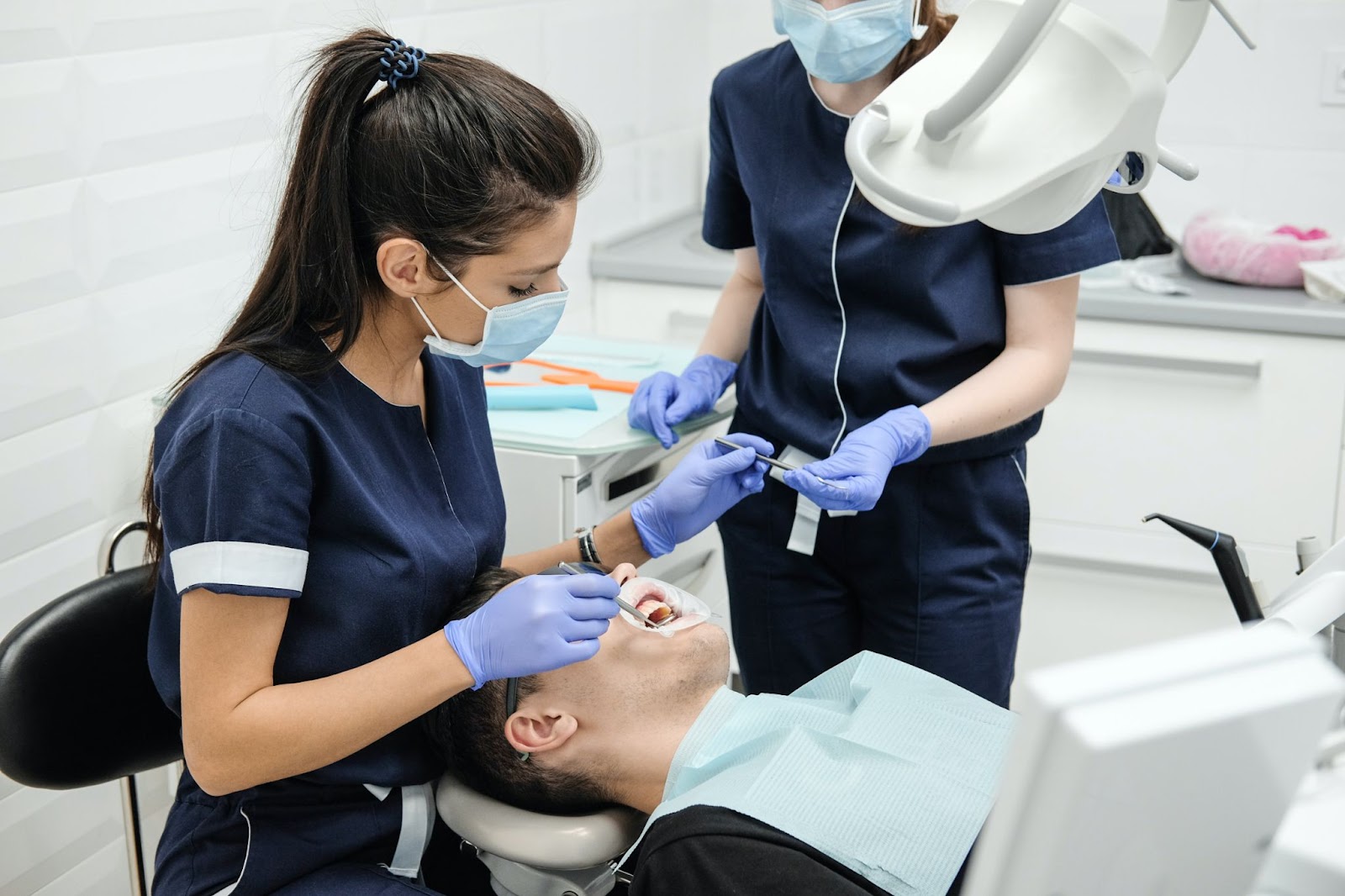



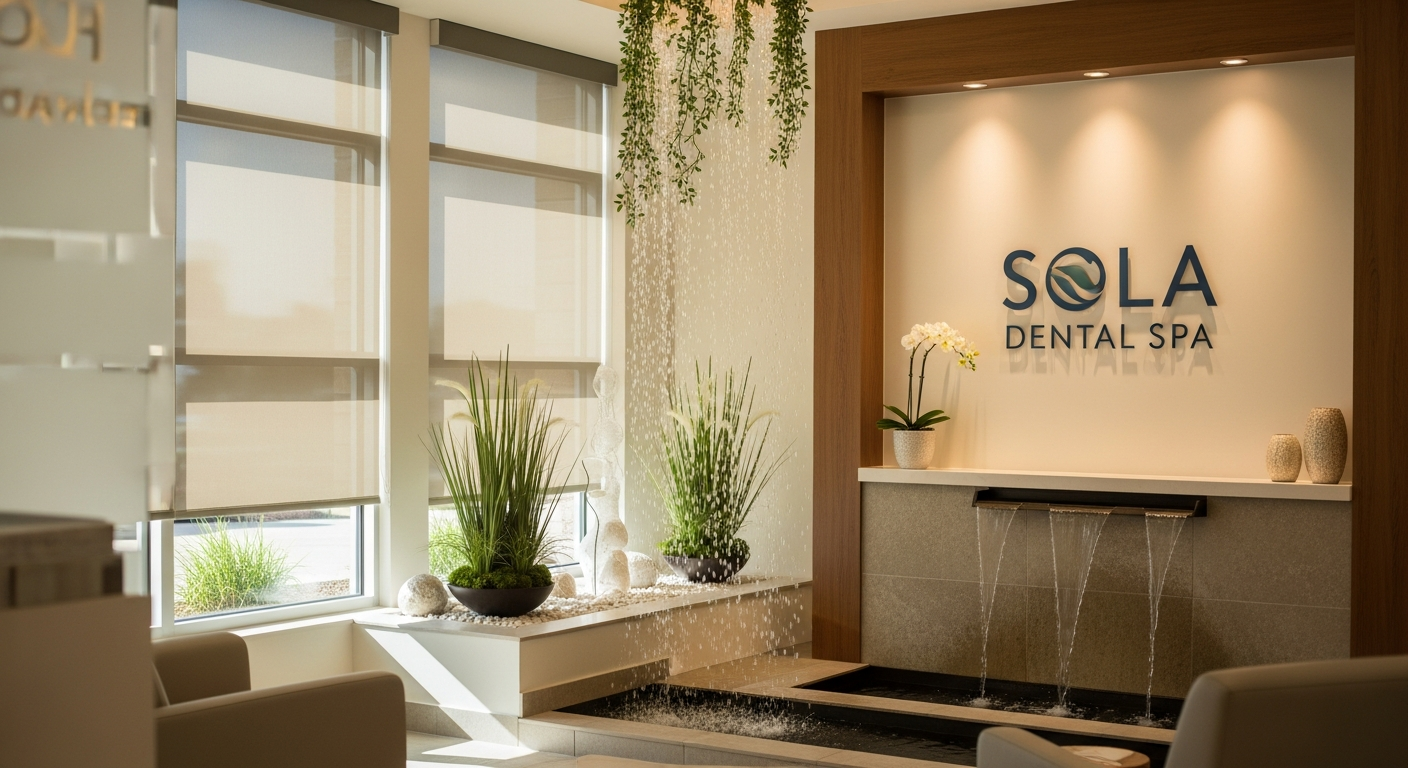
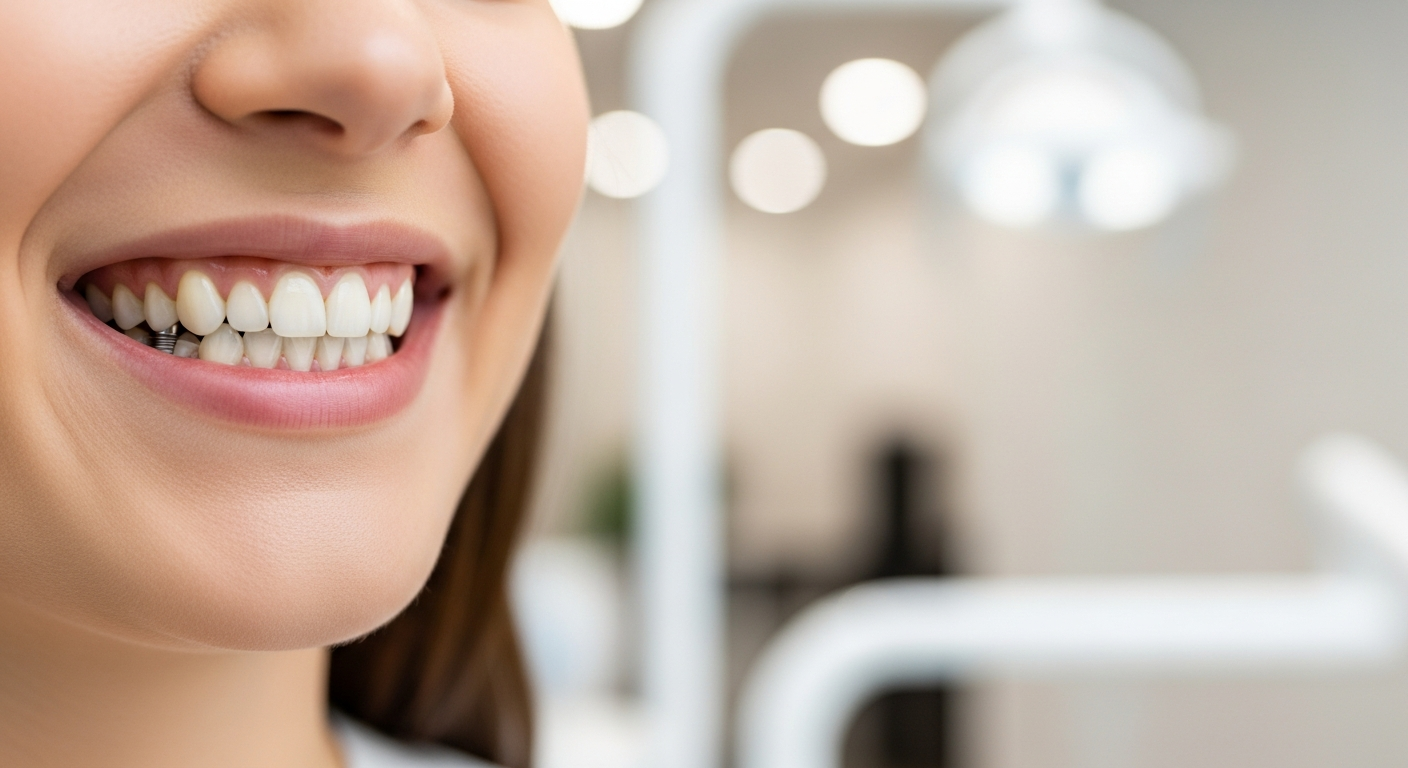
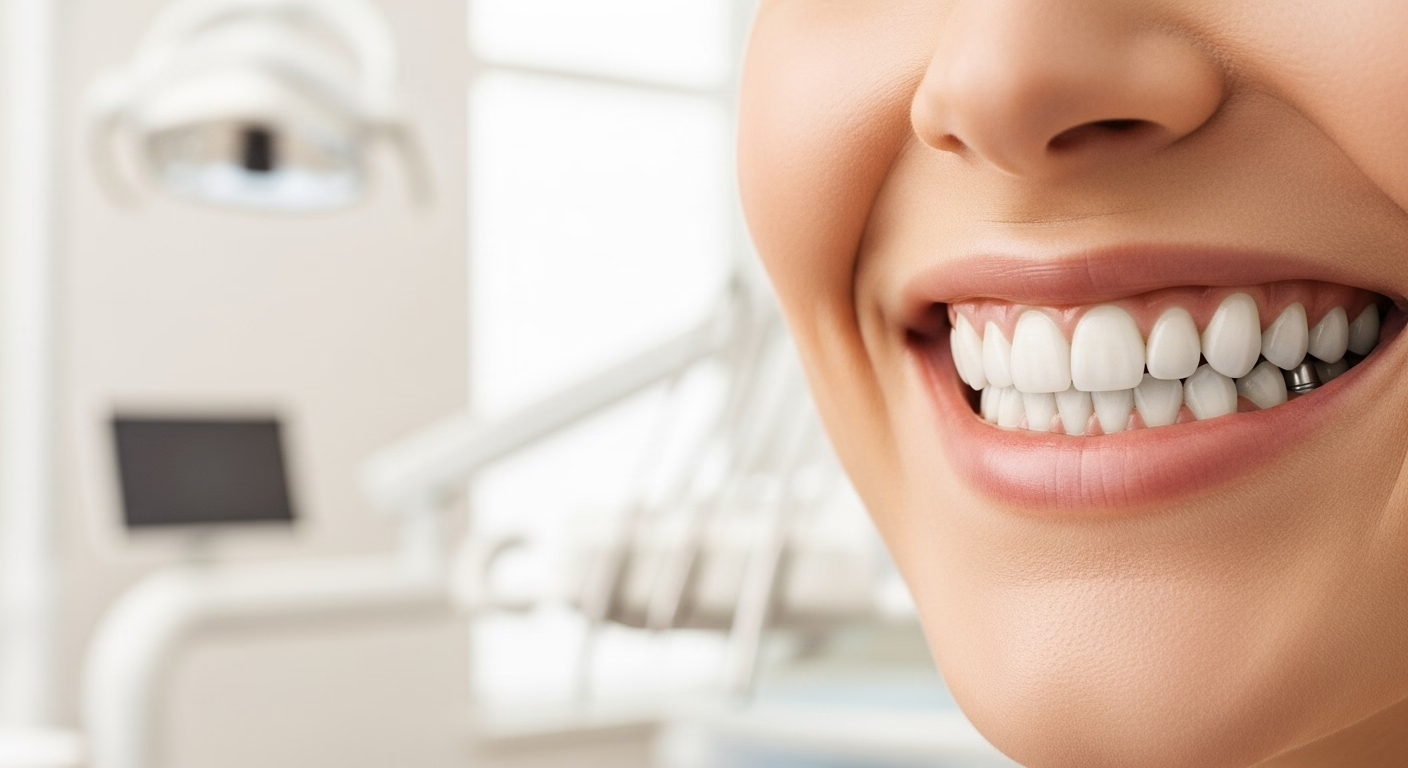
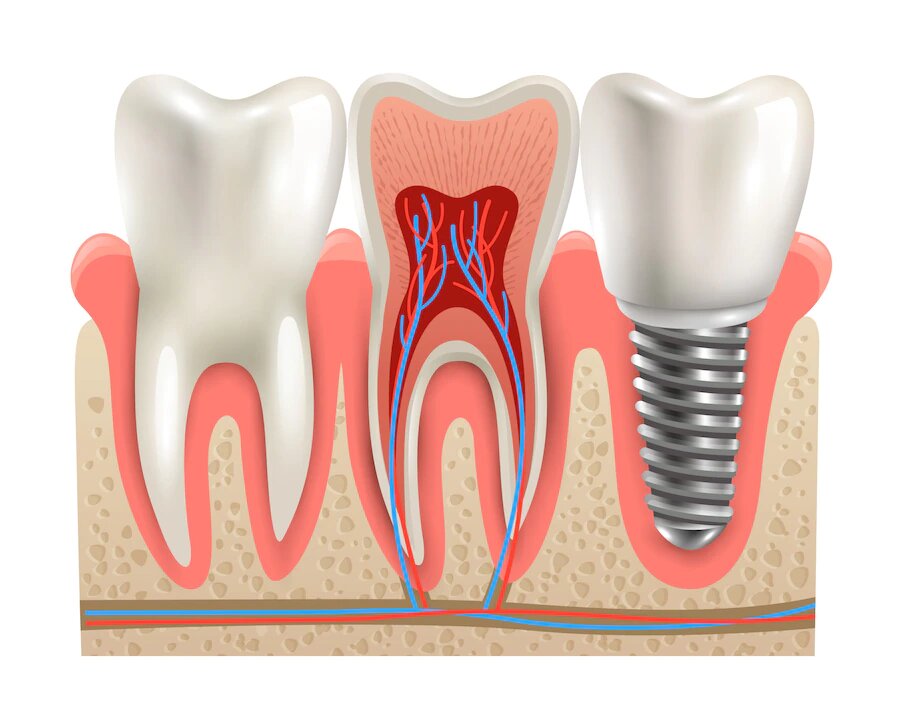
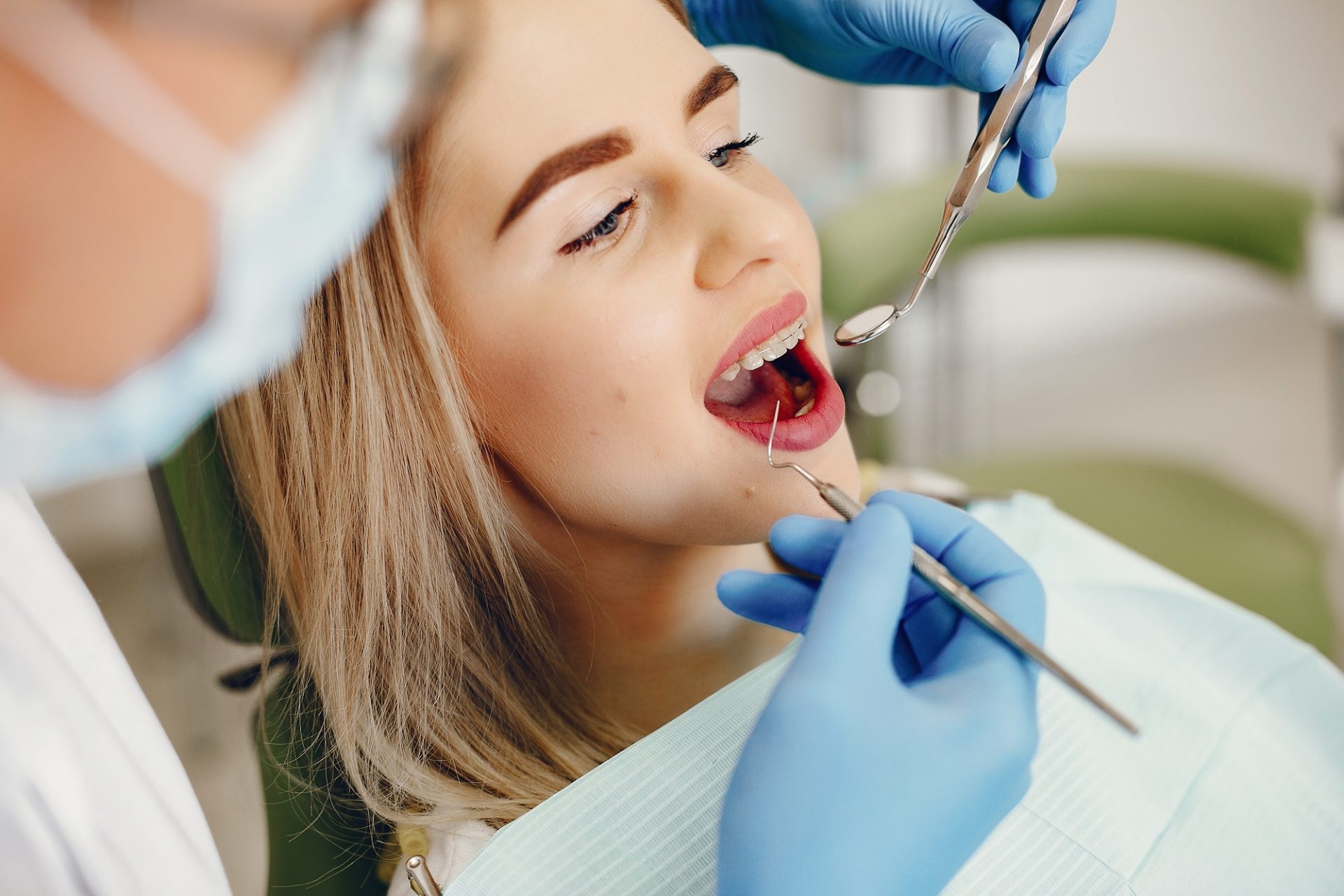



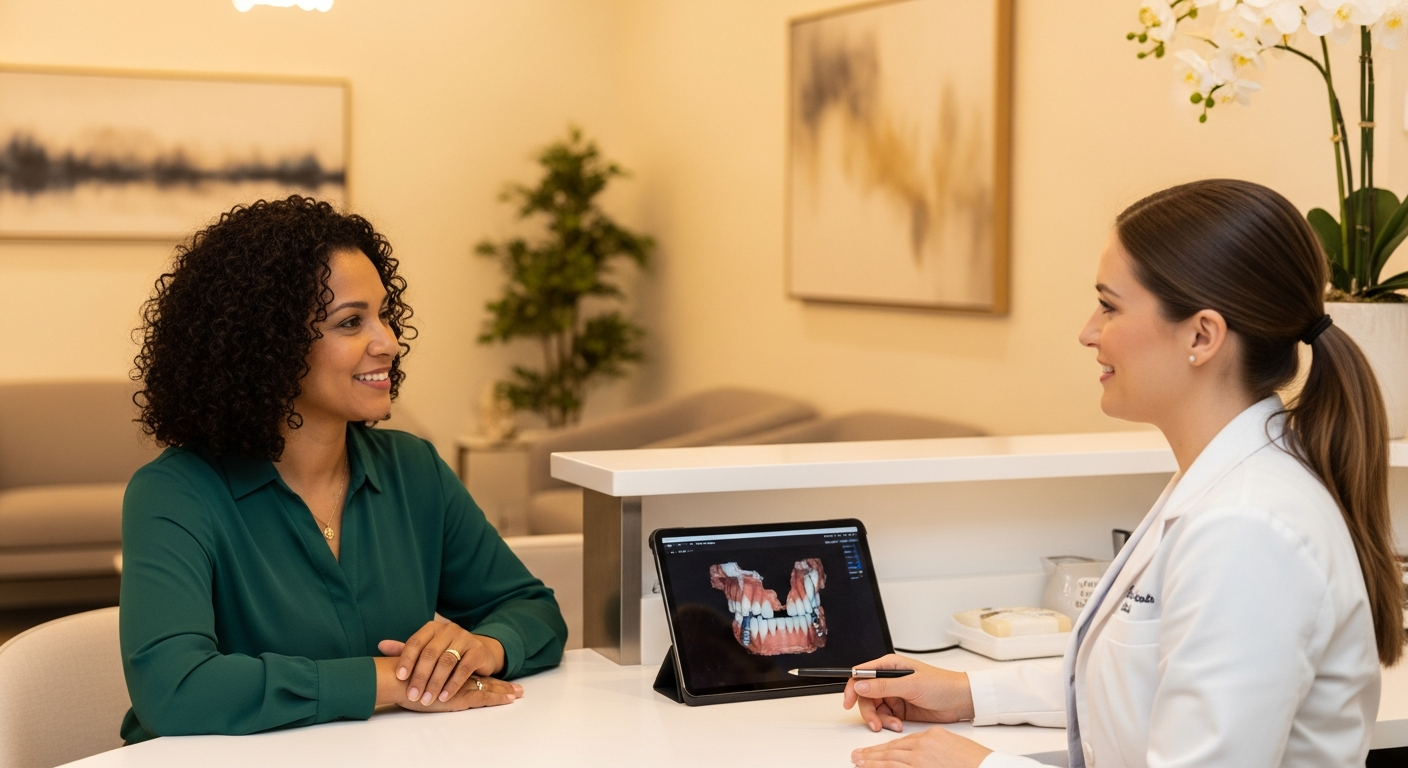



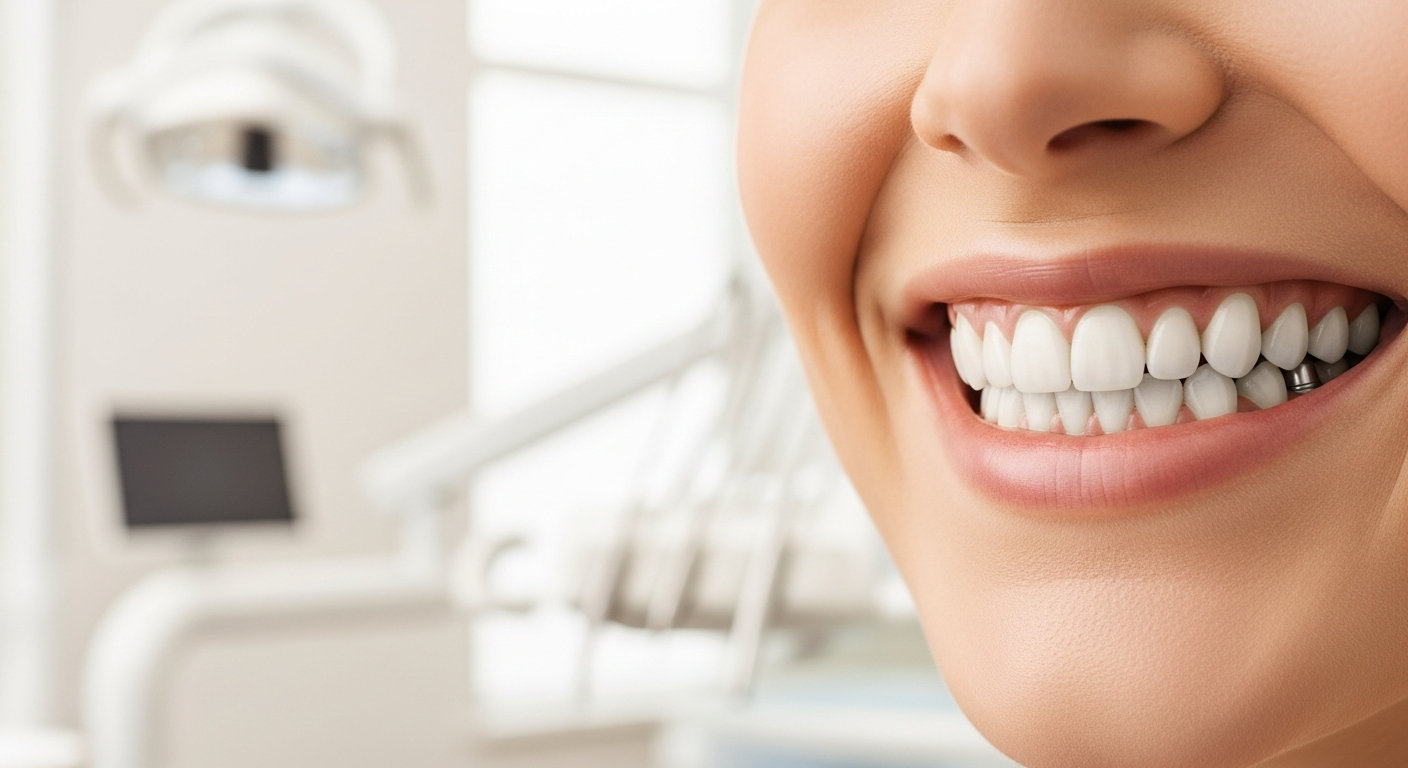

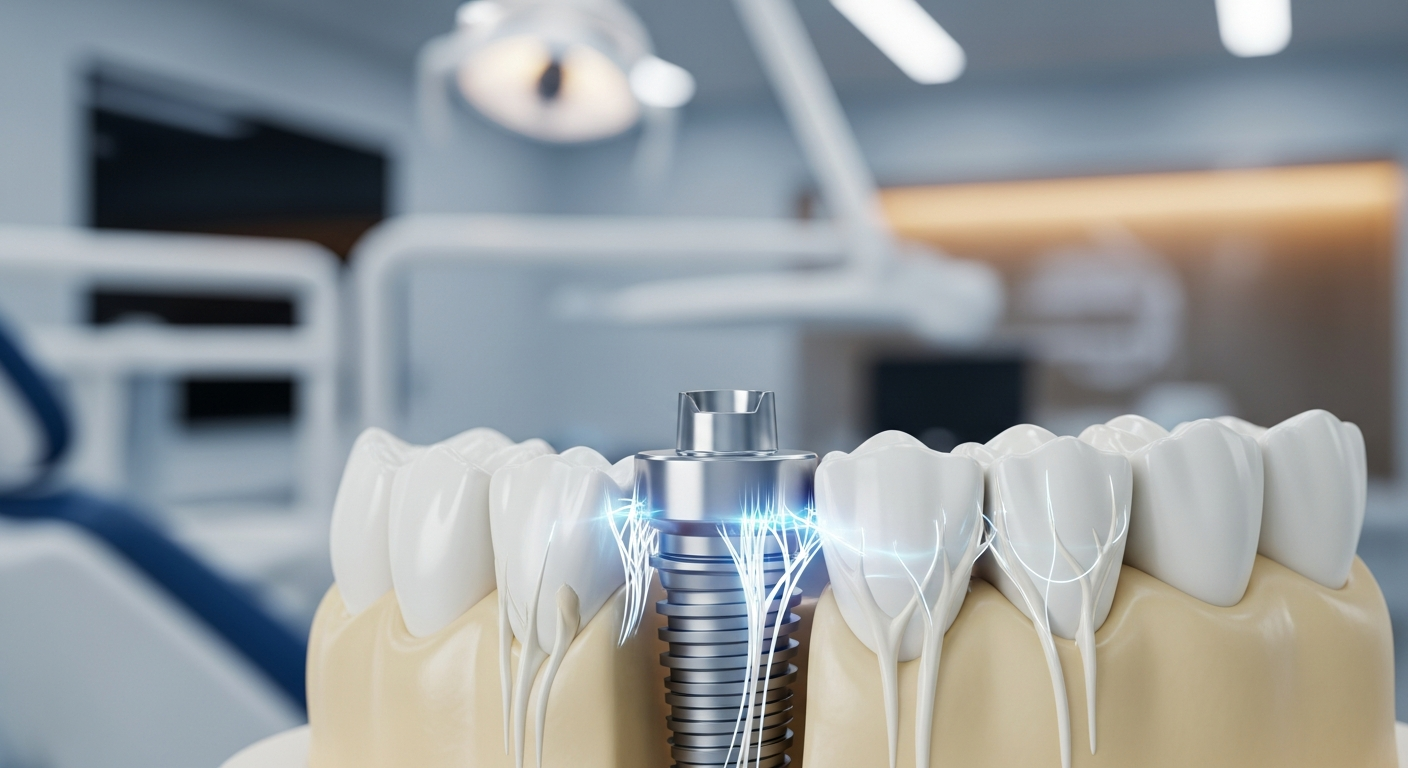
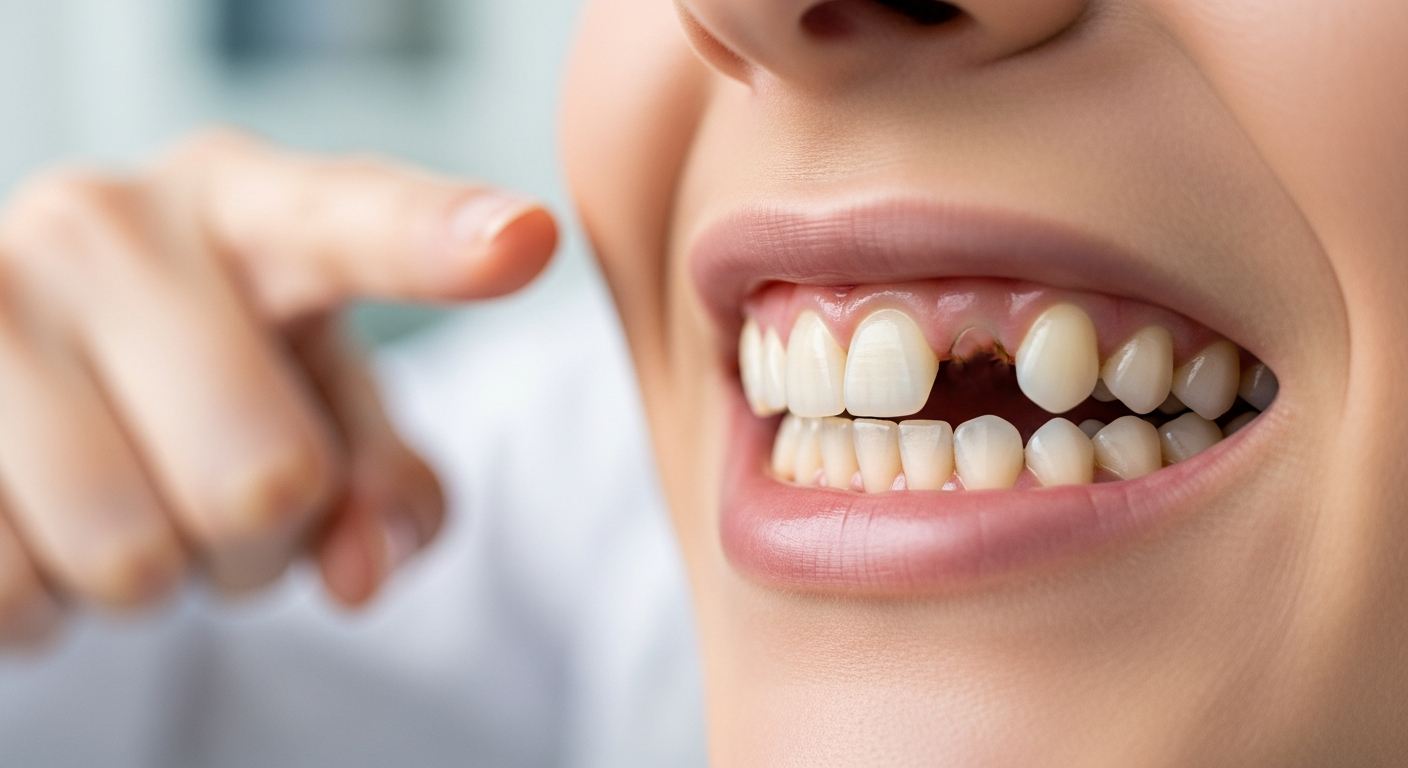




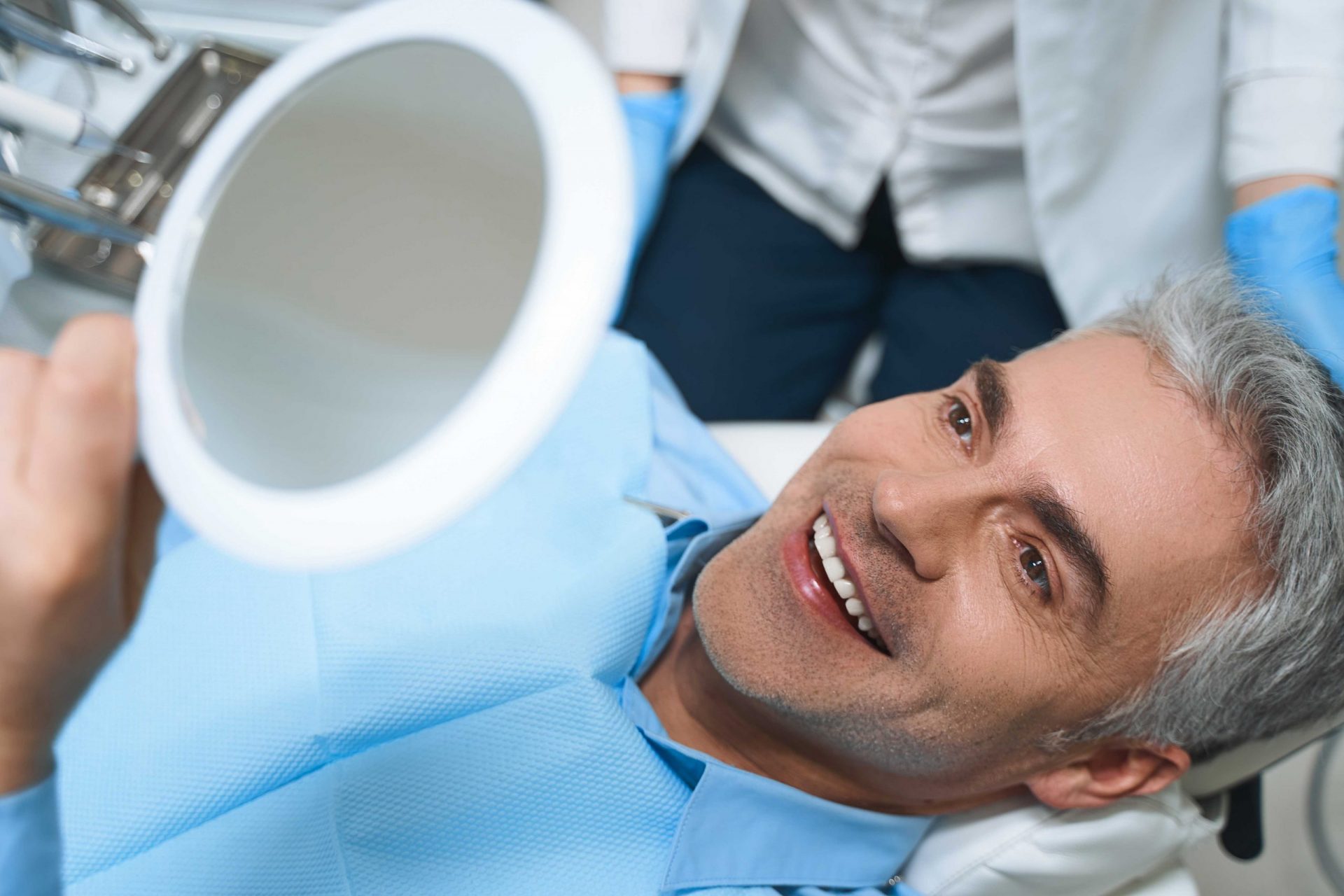
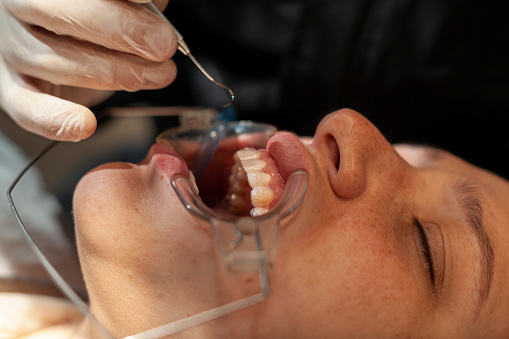

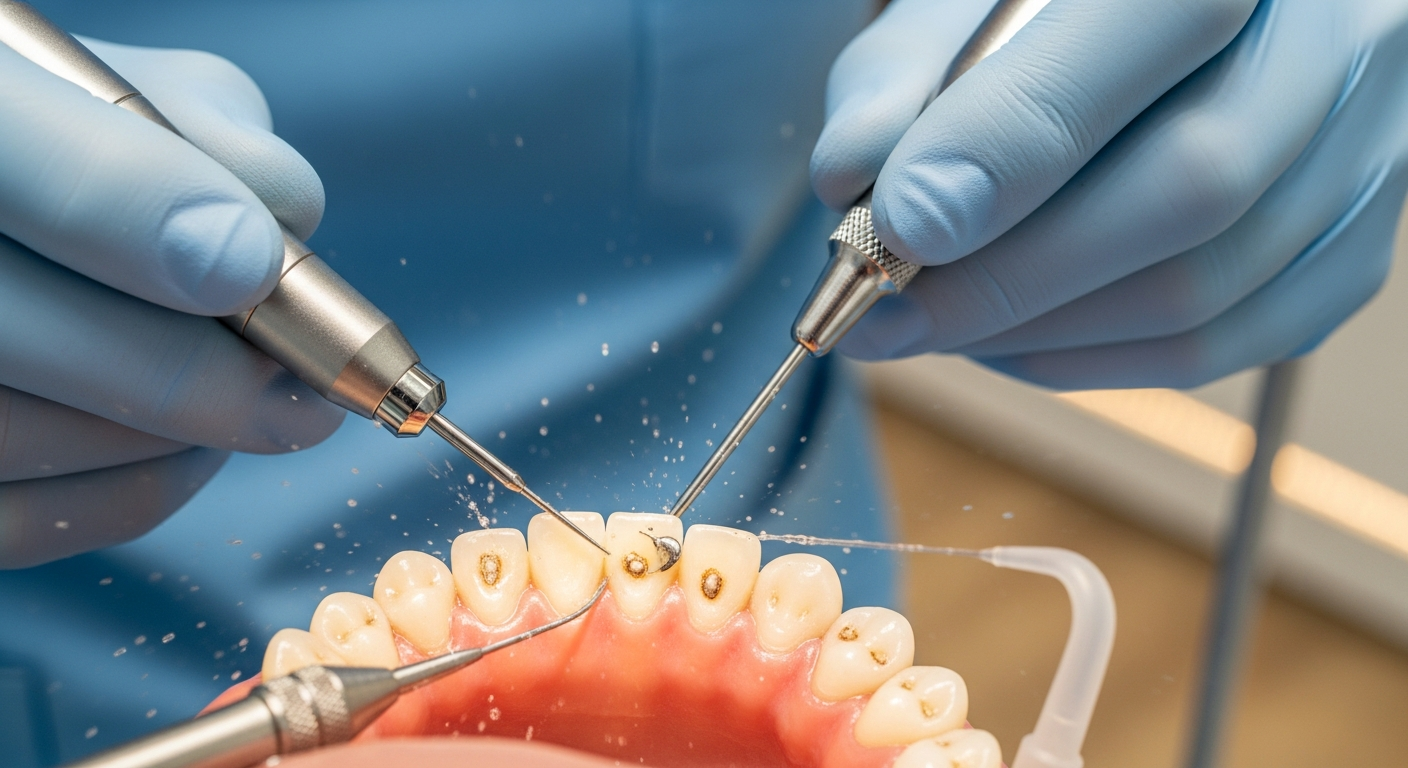

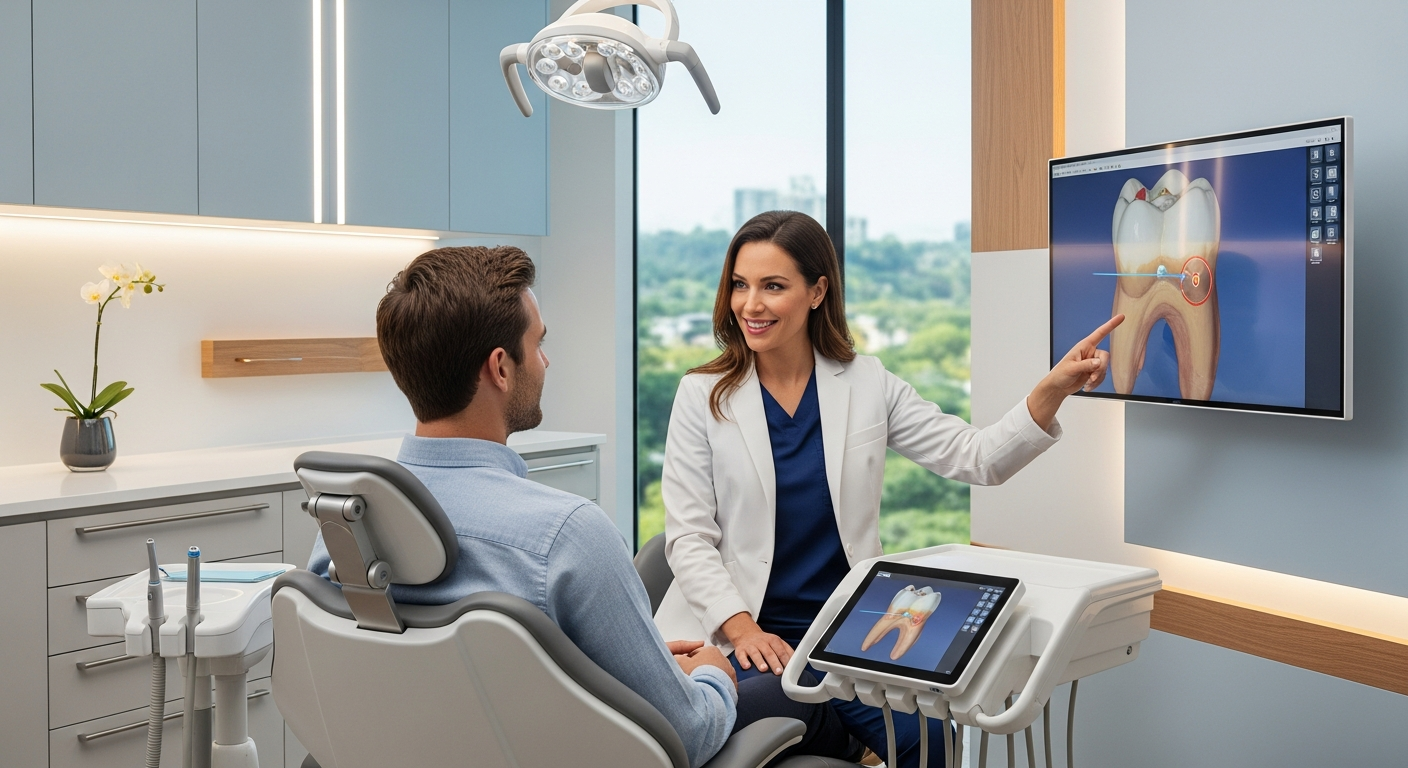
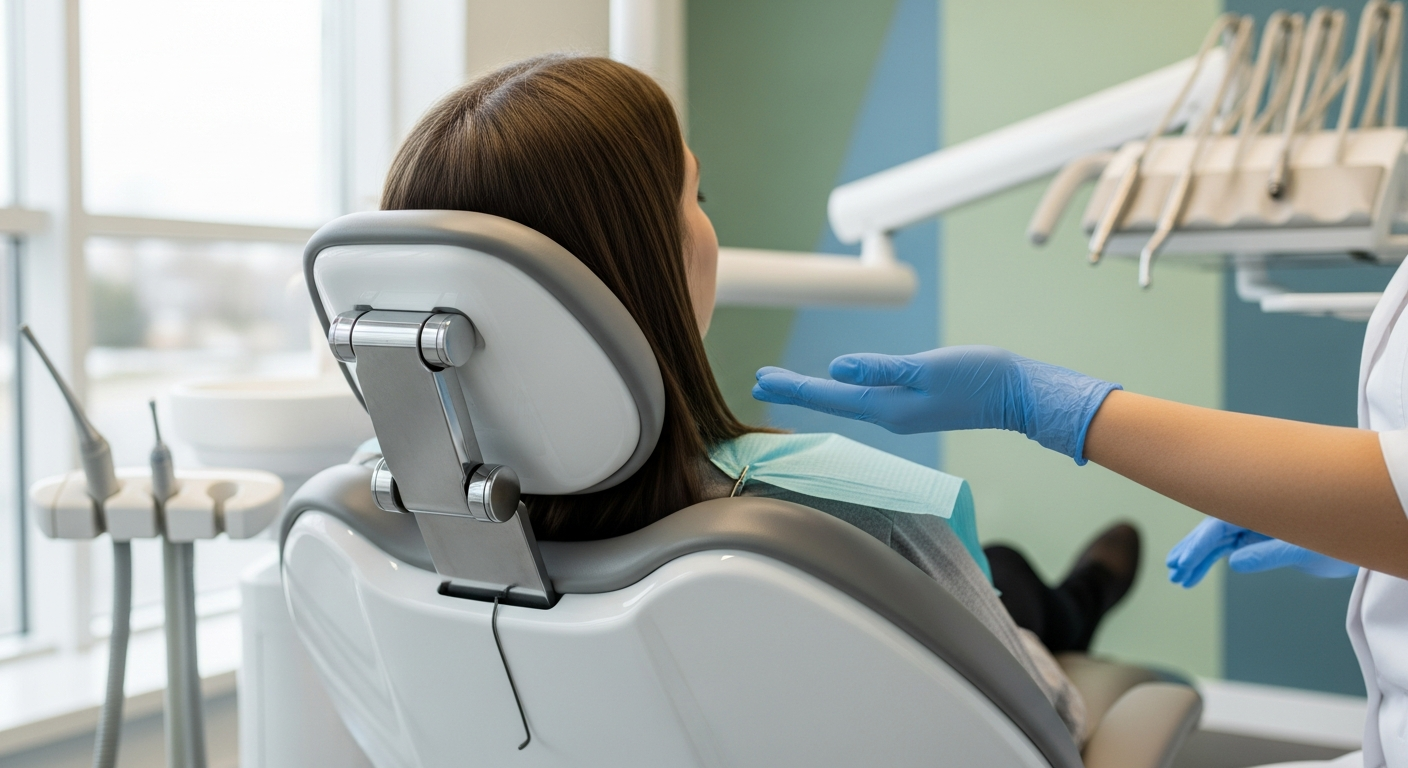

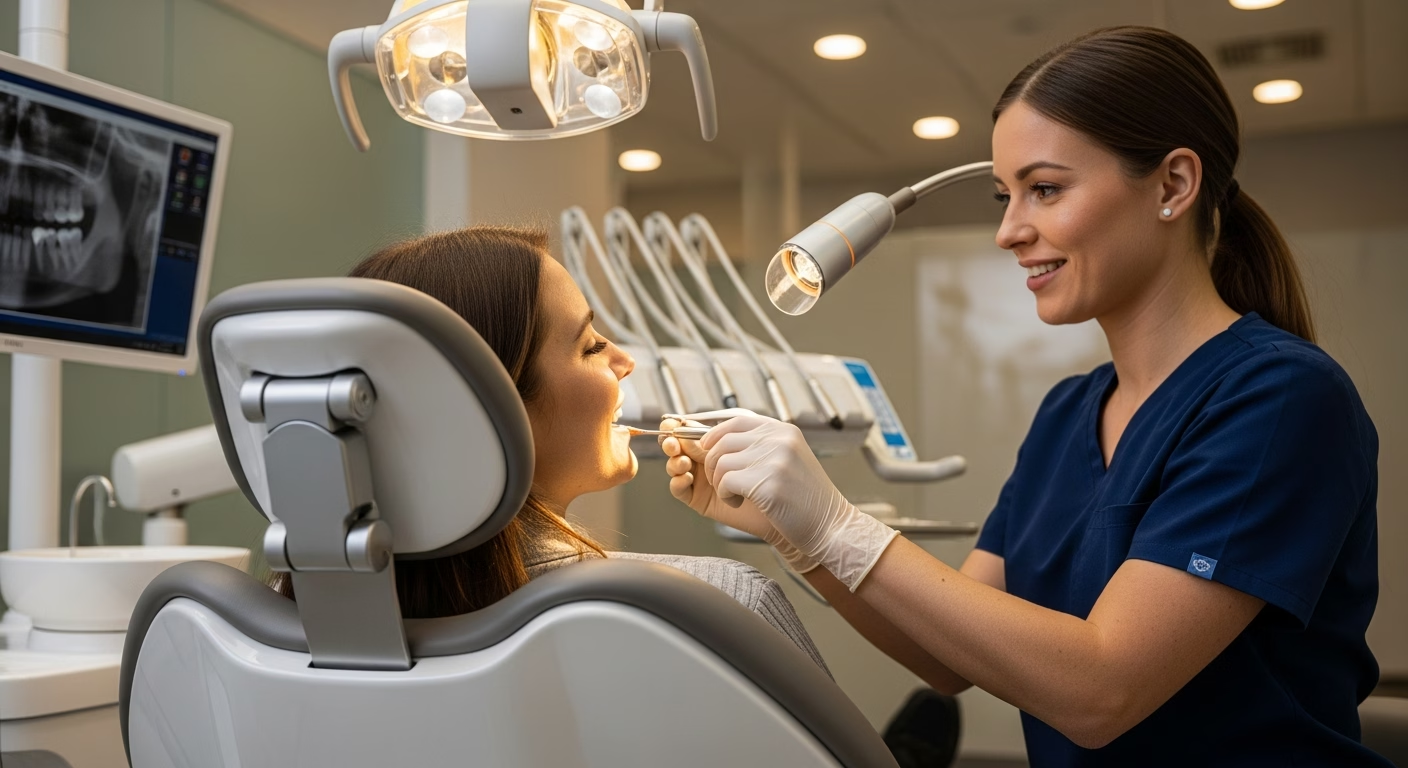
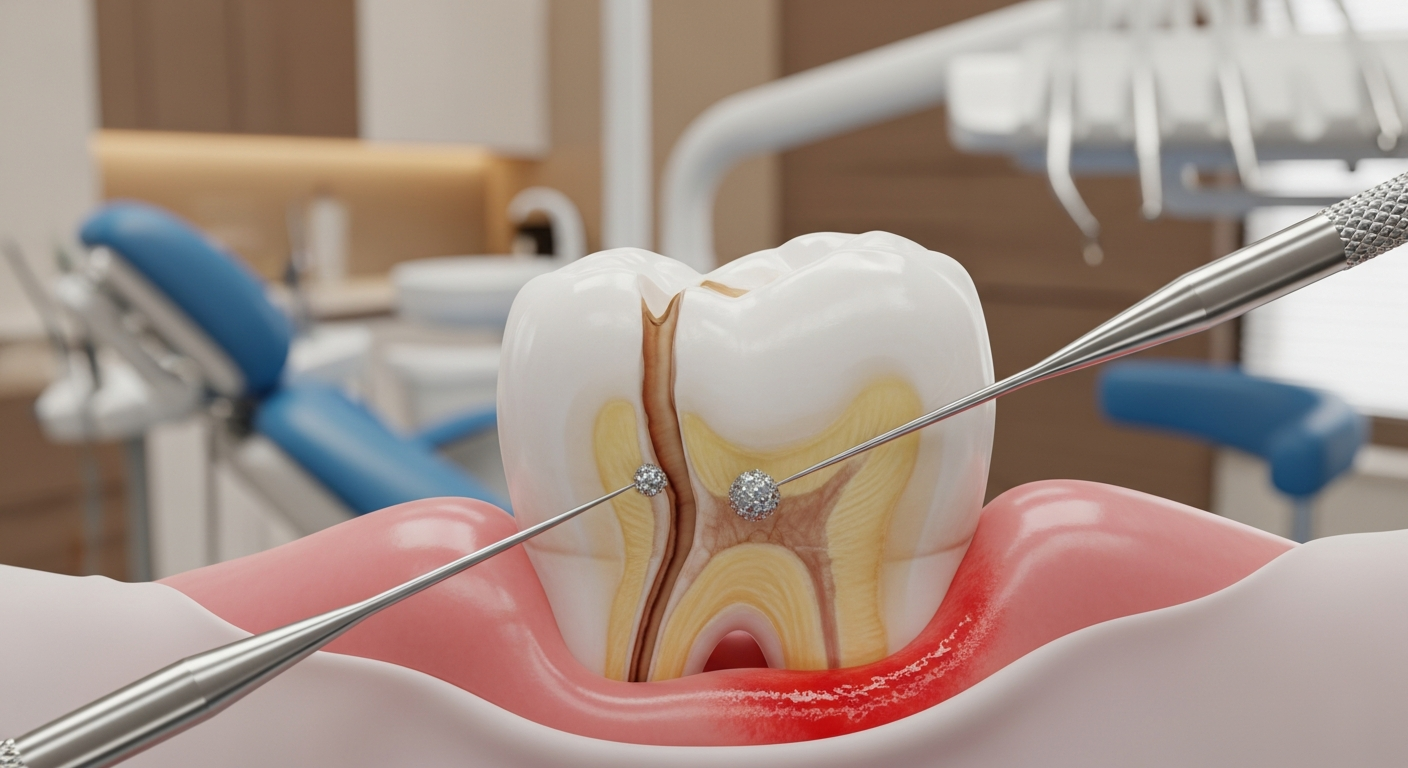



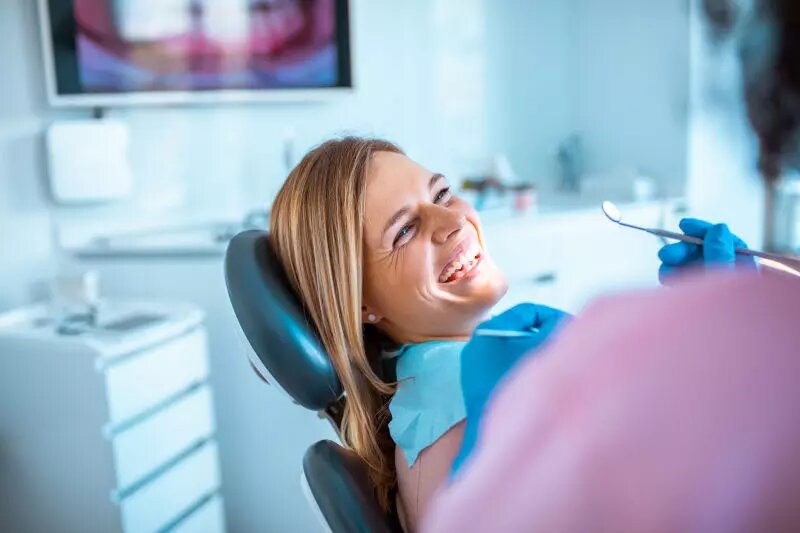
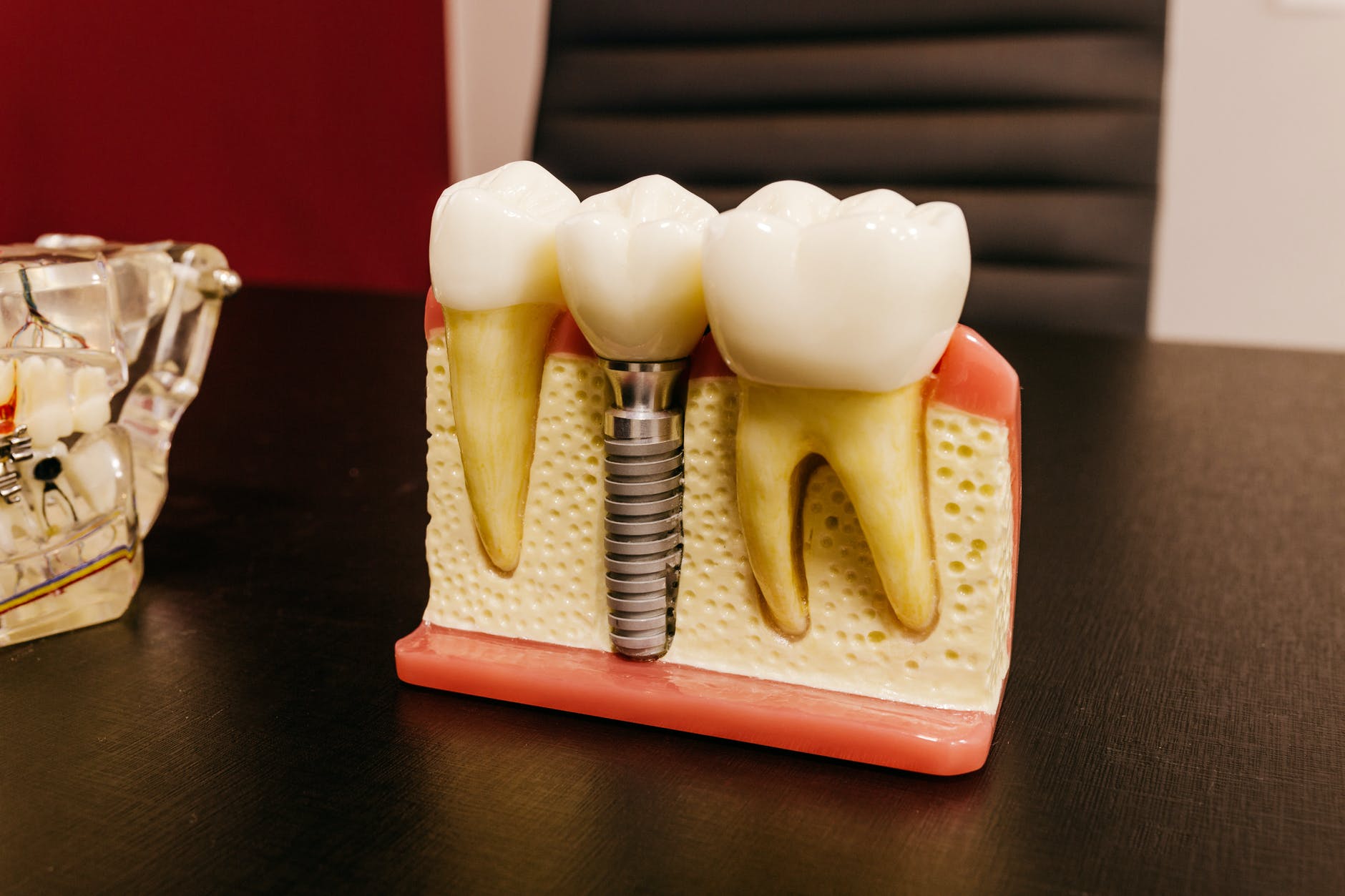


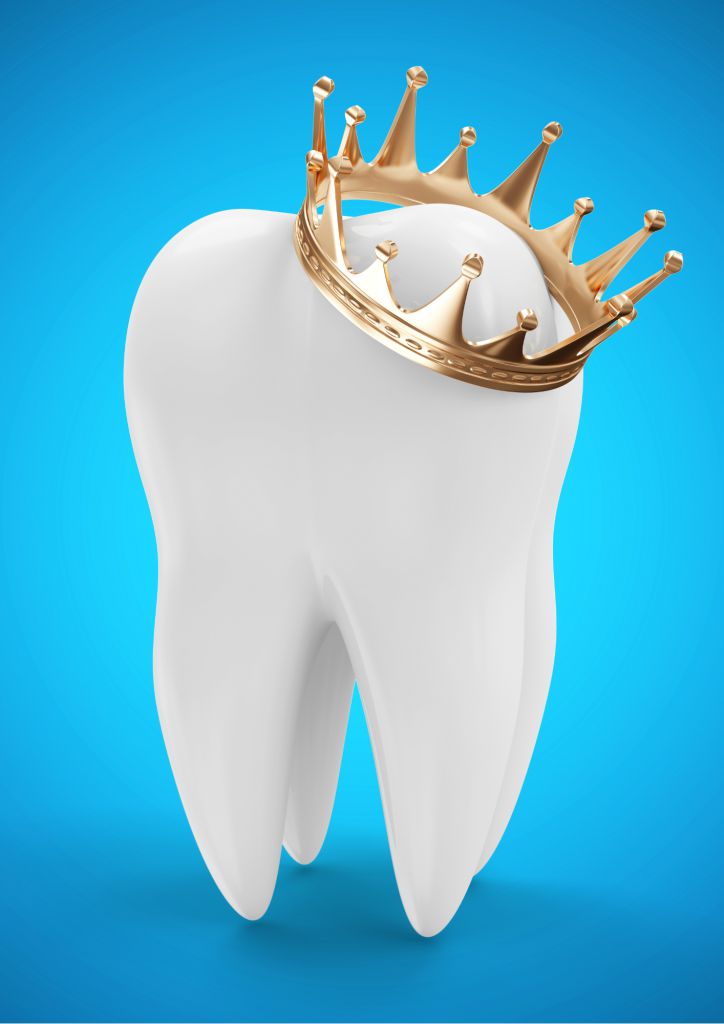



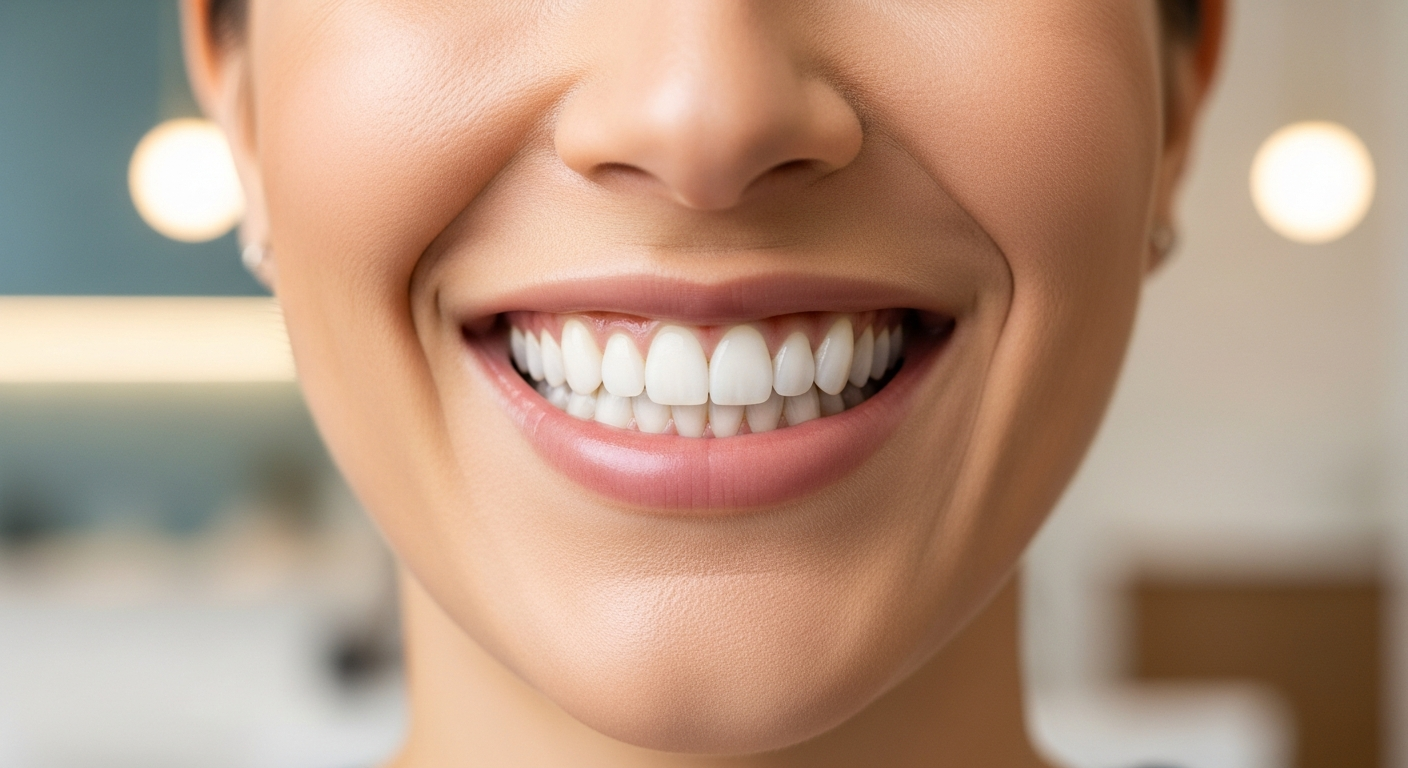



.avif)


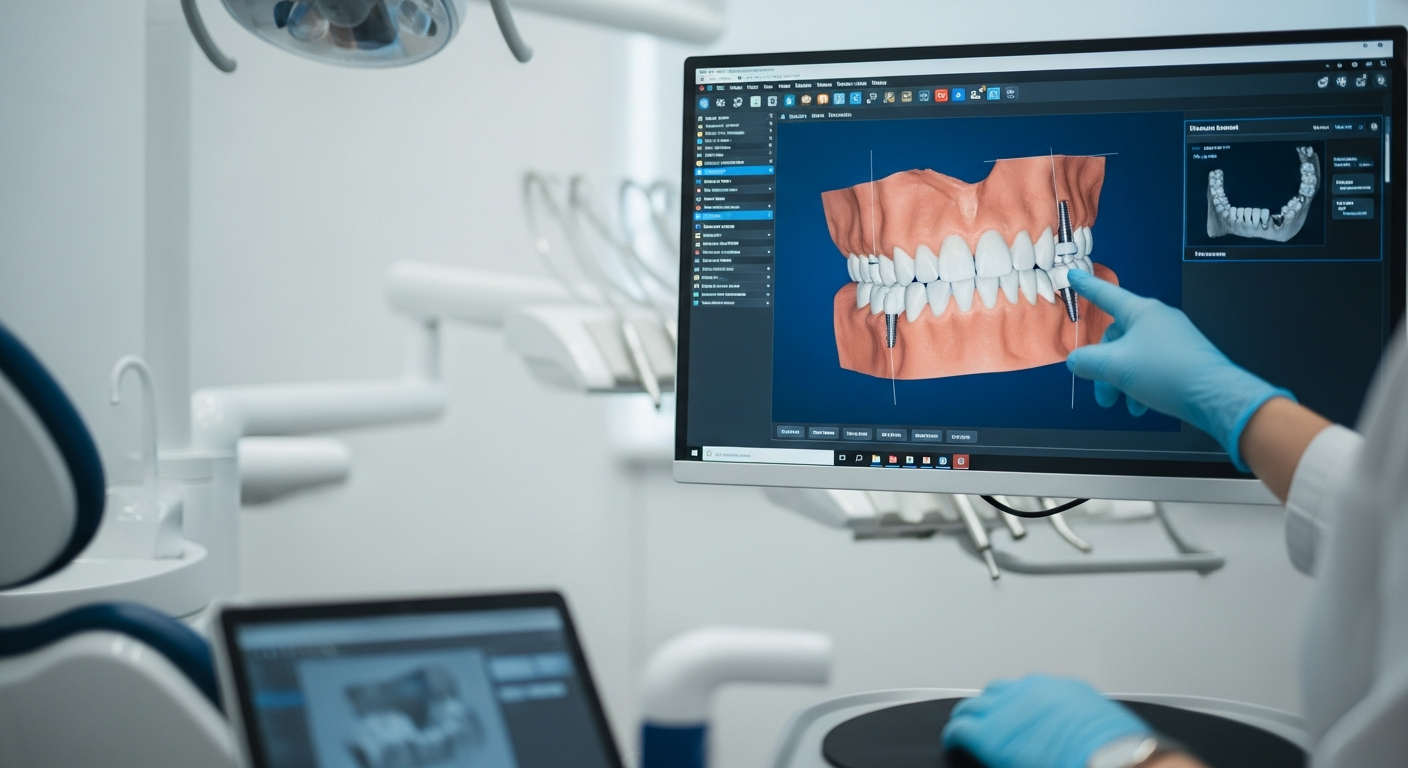

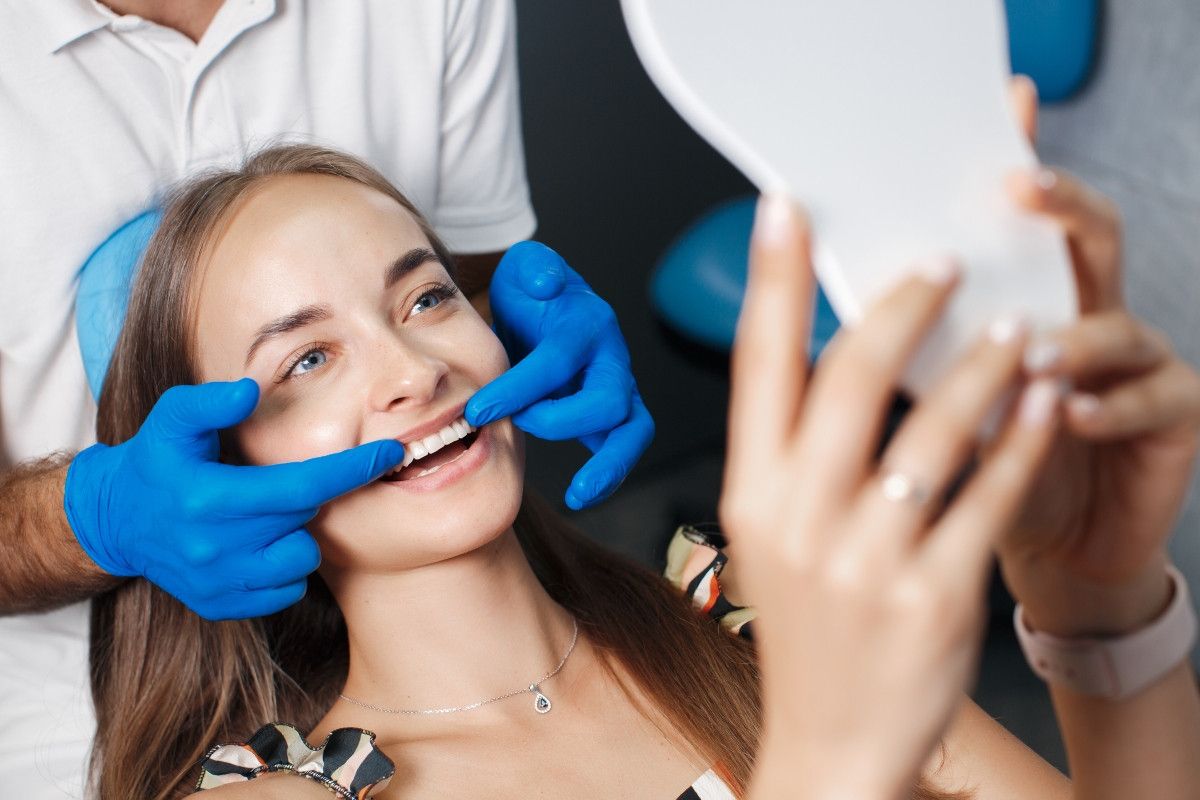

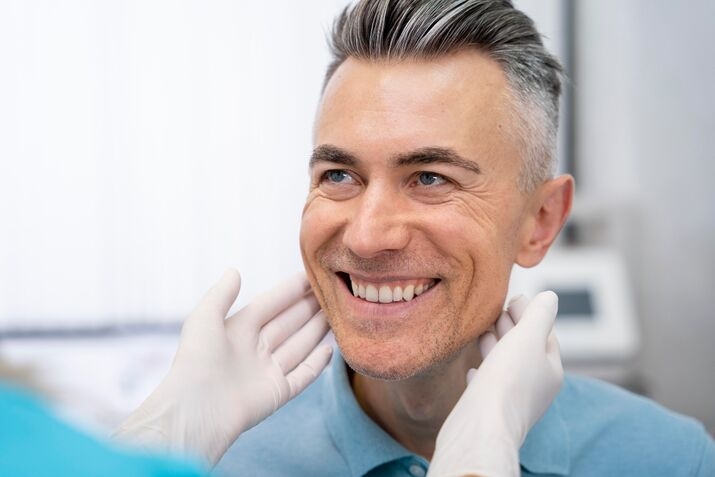
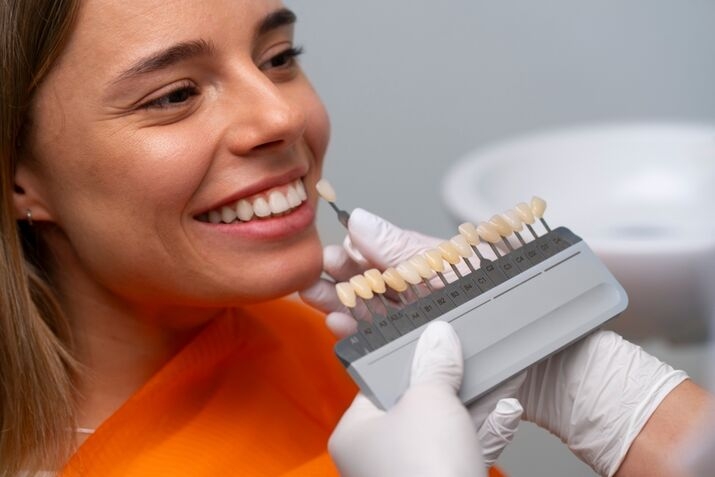
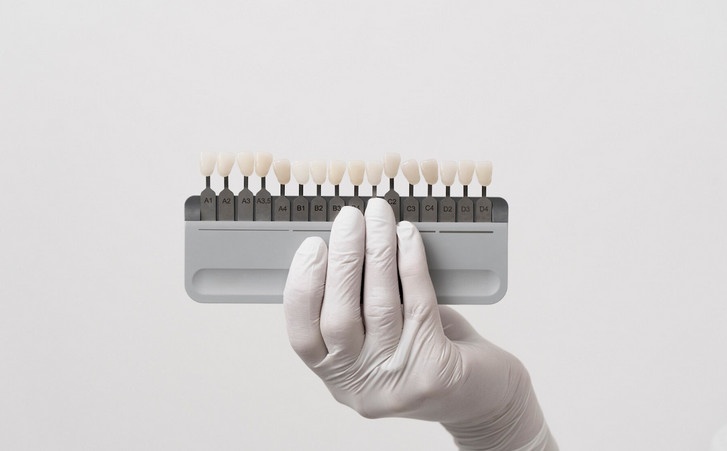

.jpg)


















.avif)


















.jpg)


